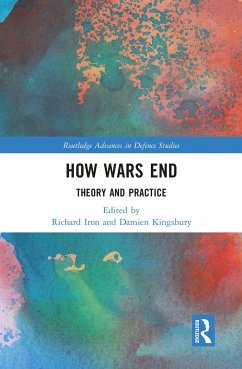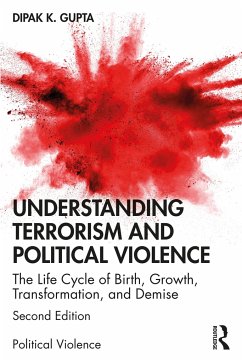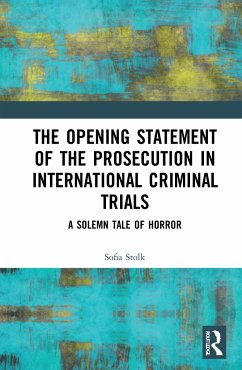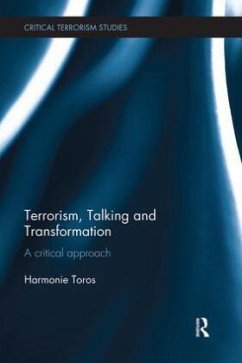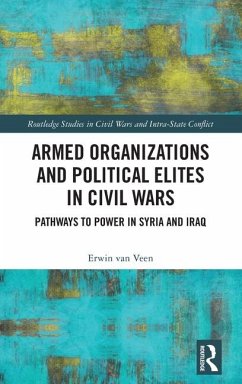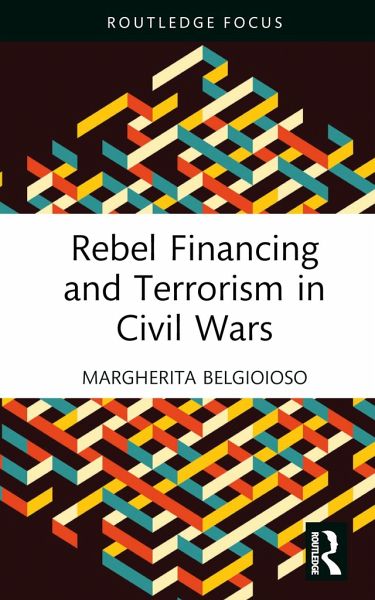
Rebel Financing and Terrorism in Civil Wars
Versandkostenfrei!
Versandfertig in 6-10 Tagen
59,99 €
inkl. MwSt.
Weitere Ausgaben:

PAYBACK Punkte
30 °P sammeln!
This book investigates the ways in which the lethality of terrorist violence depends on how rebel organizations finance their rebellion.The leaders of rebel groups make calculated decisions on the intensity of terrorism killings, considering the benefits and costs of targeting non-combatants against the financing needs of their organization. The study specifically focuses on analyzing the effects of different external financing options available to rebel groups and takes into account the role of local populations in making financing available. This comparative approach to external financing re...
This book investigates the ways in which the lethality of terrorist violence depends on how rebel organizations finance their rebellion.
The leaders of rebel groups make calculated decisions on the intensity of terrorism killings, considering the benefits and costs of targeting non-combatants against the financing needs of their organization. The study specifically focuses on analyzing the effects of different external financing options available to rebel groups and takes into account the role of local populations in making financing available. This comparative approach to external financing reveals new hypotheses that are empirically verified and differ from the expectations and findings of prior research. The book's findings are relevant to policy discussions on counter-insurgency strategies that prioritize protecting populations from human rights abuses. Existing doctrines tend to overlook the potential impact of targeted efforts to isolate insurgents from specific financing sources on the capacity to secure local populations.
This book will be of interest to students of civil wars, terrorism studies, political violence, and security studies.
The leaders of rebel groups make calculated decisions on the intensity of terrorism killings, considering the benefits and costs of targeting non-combatants against the financing needs of their organization. The study specifically focuses on analyzing the effects of different external financing options available to rebel groups and takes into account the role of local populations in making financing available. This comparative approach to external financing reveals new hypotheses that are empirically verified and differ from the expectations and findings of prior research. The book's findings are relevant to policy discussions on counter-insurgency strategies that prioritize protecting populations from human rights abuses. Existing doctrines tend to overlook the potential impact of targeted efforts to isolate insurgents from specific financing sources on the capacity to secure local populations.
This book will be of interest to students of civil wars, terrorism studies, political violence, and security studies.





